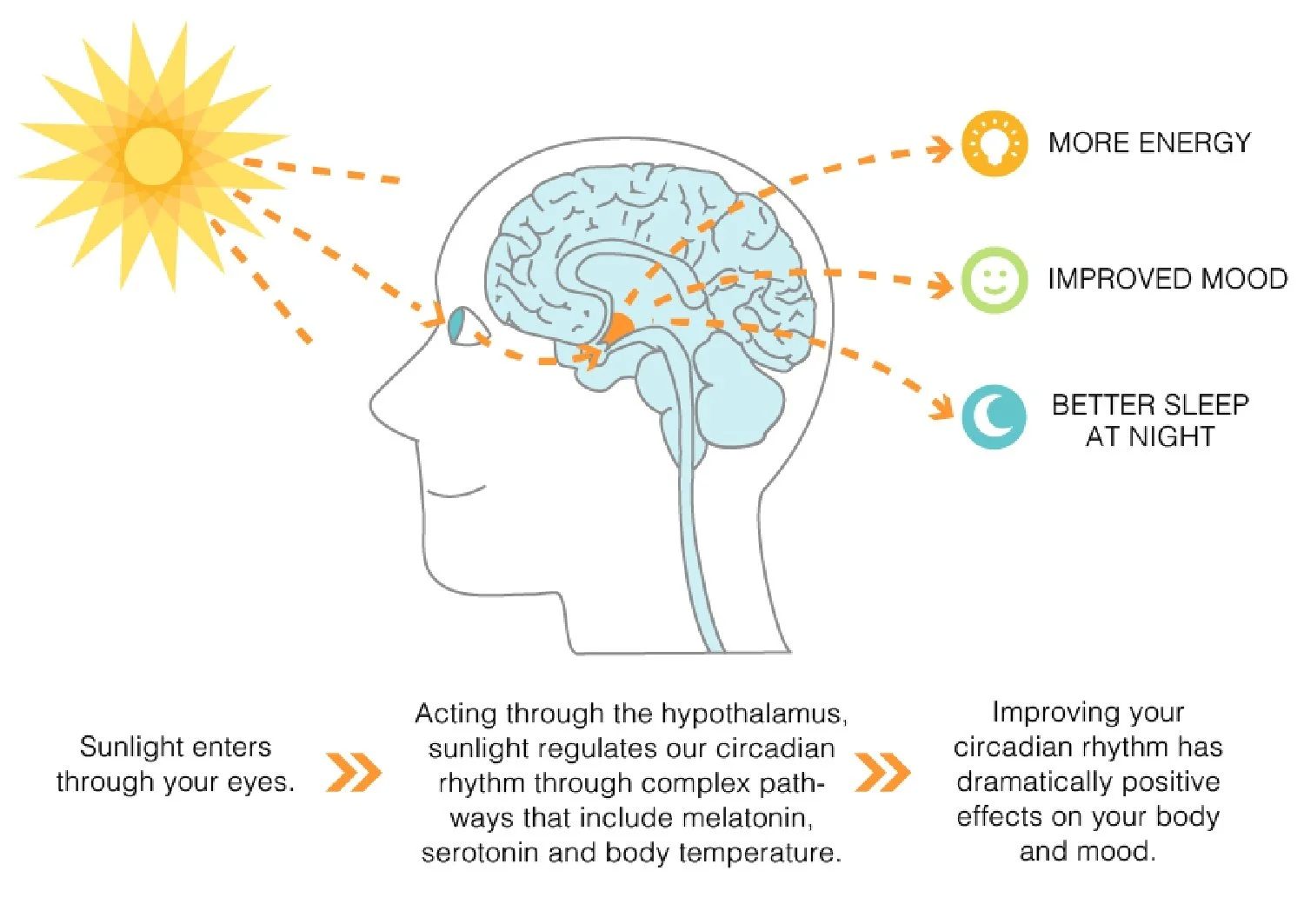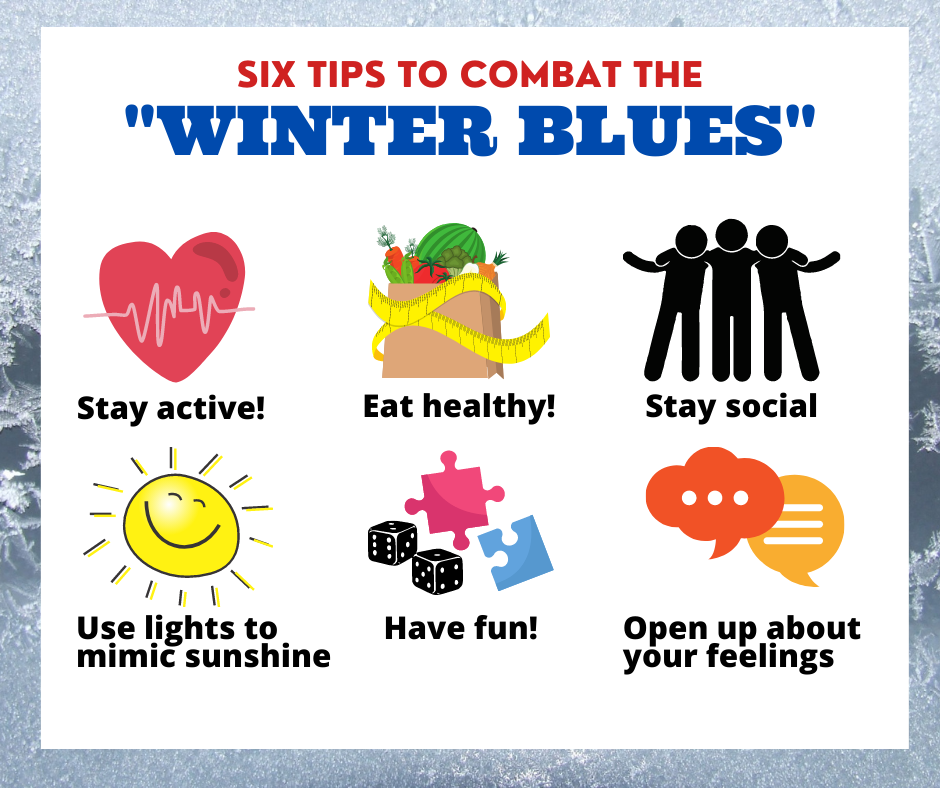Seasonal Mood & Biological Changes - Our Circadian Clock
Fall and winter seasons shorten daylight hours which affect our biological or Circadian clock. This is important because this internal clock is responsible for billions of involuntary biological processes in our bodies….sleep-awake cycle, hormonal regulation, digestion and metabolism. Natural sunlight hitting our retina is the biggest external reset factor each day. So sunlight not only warms us but provides information to our bodies. Sleep, temperature, exercise, food, stress and relationships also affect our biological clock. Our Circadian clock is adaptive to seasonal change and life stressors. However with our modern day lifestyles of artificial lighting, endless nighttime activities and modest sun exposure, we are functioning way out of sync with our biological clocks. Less sunlight decreases our feel good hormone serotonin and our natural Vitamin D levels. Vitamin D supports our mood, immunity, digestion and hormonal balance. Shorter days and longer nights trigger more melatonin, our sleepy hormone.
Work to stay in sync and balanced by
Getting 10-20 minutes of sunlight at least 2-3 times a week even on cloudy days
Eat more Omega-3 and Vitamin-D rich foods
Stay well hydrated (indoor heat is drying)
Exercise, Stretch and Move your body
Prayer, Meditation and/or Gratitude Practice
Aromatherapy with essential
Laughter and Friendship
Herbal Adaptogens can help lower stress
10,0000 Lux light box for full spectrum light



